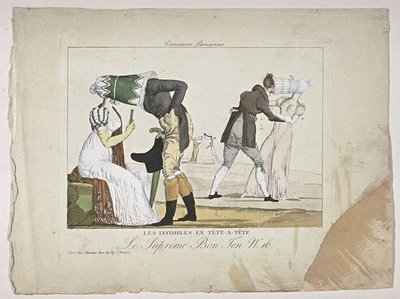
'Le Suprême Bon Ton. Les Invisibles en tête à tête'
from the 'Caricatures Parisiennes' series of prints (undated but about 1810).
Related: 'Street Scenes of Paris in the 19th Century' exhibition
page at Brown University, which I just discovered.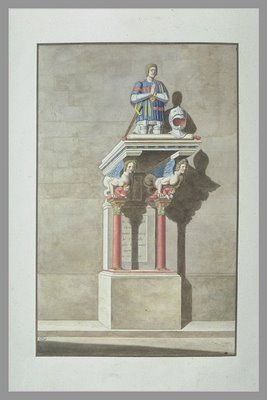
'Tombeau de Pierre d'Orgemont'
18th century. Anonymous.
I can only imagine that this design was
never actually built or remained hidden.
'Lettre T formée d'un vase allongé et de mascarons'
16th century. Anonymous.
This brought to mind a highly recommended post at Giornale Nuovo -
Faces of the Grotesque - probably my favourite post by Misteraitch.
'La lettre 'B' historiée, avec Saint Michel Combattant le Dragon'
Early 16th century. Anonymous.
All the above images were nabbed during a random wander around
Le Département des Arts Graphiques at Musée du Louvre.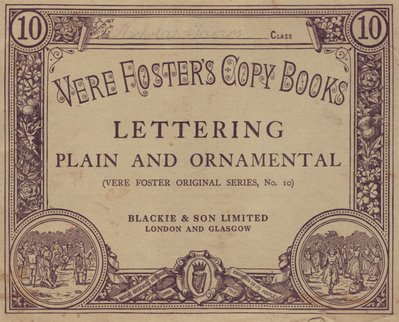
Even in you are not a James Joyce aficionado (pas possible!) there is a
cavalcade of eclectic imagery gathered together by Aida Yared at JoyceImages
to illustrate snippets of text from some little blue book called Ulysses.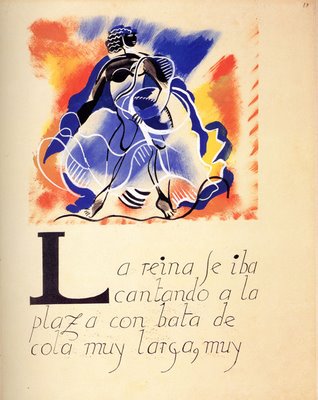
'Areré Marekén - Cuento Negro'
Text by Lydia Cabrera and illustrations by Alexandra Exter, 1930s.
From the Lydia Cabrera section of the University
of Miami Cuban Heritage Collection.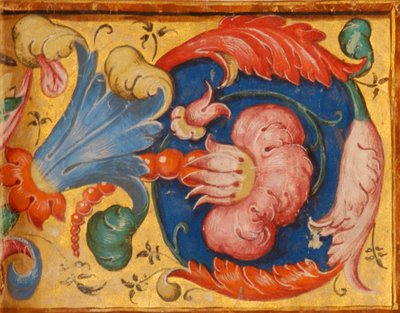
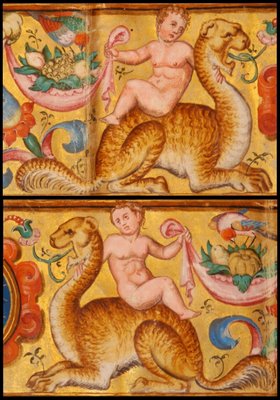
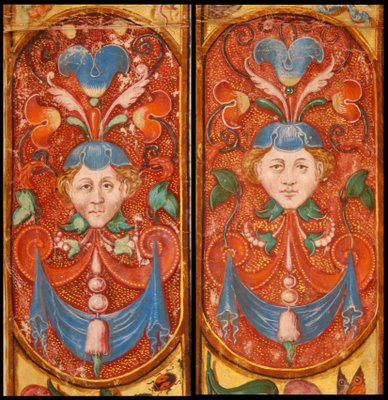
These gorgeous illuminations are from 'A Grant of Arms given by Felipe II to Pedro de Villanueva', one of Cortes' original party of conquistadors. The grant dates to 1559. A near complete Grant of Arms is shown on this page, which includes quite a bit of background commentary. Someone left the link as a comment here a while ago and I refound it among my delicious links - was it you Kate? Sorry if I've misremembered.
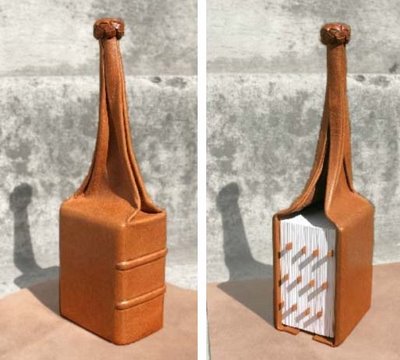
Girdle Books
"A book which has an extra protective covering of soft leather made in such
a manner that the book can be hung from the girdle or habit cord of a cleric
and swung upward for reading while still attached to the girdle or cord."
The top images is a Bavarian Breviary from 1454 in an Artnet review article. The other image is from bookbinder Rodrigo Ortega from the Oficios del Libro website. Saint Francis Girdle Book from The Book Art of Richard Minsky. Girdle Book - Today's Fashion Accessory for the Modern Man or Woman. Historic girdle books and girdle books in art at Wikimedia.
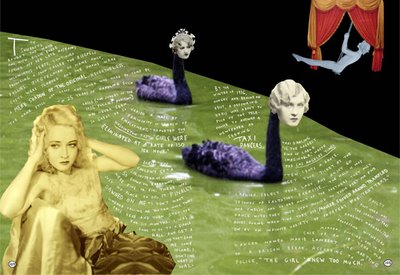
'Century Girl' by Lauren Redniss (2006) is a visual biography
of the first 100 years in the life of the extraordinary Doris Eaton -
Ziegfield Follies dancer, movie actress, reporter and octogenarian
history graduate (among many other things).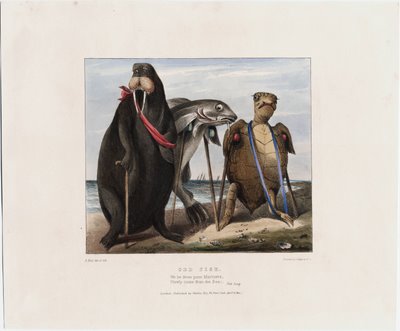
'Odd Fish'
'We be three poor Mariners,
Newly Come from the Sea'
by E.Hull 1854.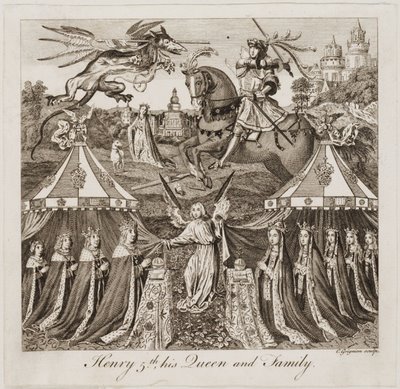
'Henry 5th, his Queen and Family' in 'A Description of the
Villa of Horace Walpole' 1784 (Walpole's extra-illustrated copy).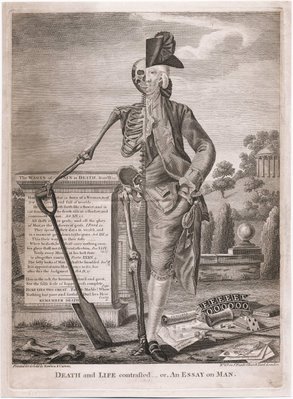
'Death and Life Contrasted Or An Essay on Man'
printed by Bowles & Carver (undated: ?1750-1770)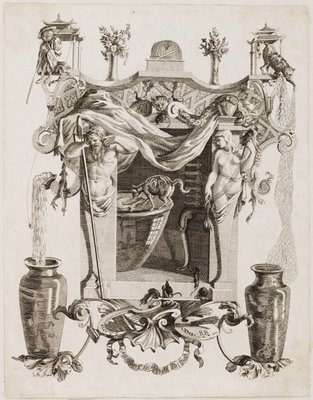
Frontispiece to 'Ode on the Death of a Favourite Cat' in 'A Description of
the Villa of Horace Walpole' 1784 (Walpole's extra-illustrated copy).
The above 6 images come from the Lewis Walpole Library at Yale University -
one of those sites that test the imagination for keyword input to browse; but
well worth the effort, it's a huge repository of prints, book illustrations and
humorous images particularly relating to the late 18th and early 19th centuries.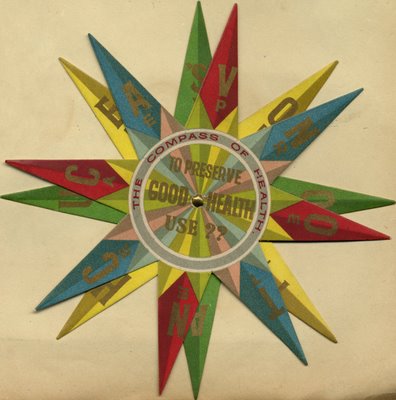
There were about a dozen of these odd (to me) compass
advertising cards: somehow the points of the compass spell
out the name of the brand - not sure if the arms moved or
these were individual prints for each product.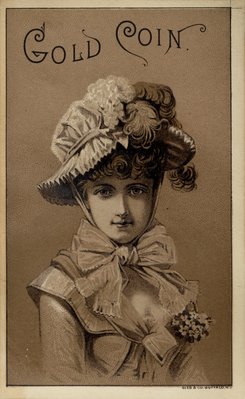

These 3 images come from the Worlds Columbia Exhibition
of 1893 site (employing the dastardly Luna Insight Browser) at Field Museum Library, Illinois.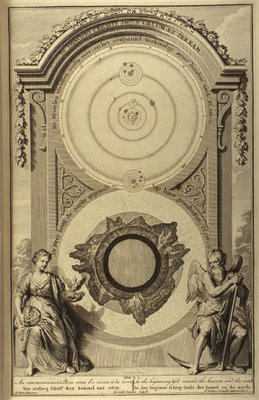
'In the beginning God Created the Heaven and the Earth'
This is one of a couple of hundred engravings by Gerard Moet
(et al) from the 1728 LaHaye Bible among the many sites curated
by Laura Gibb from the University of Oklahoma.
(see for instance: Aesops Fables in english, latin and greek;
Bestiaria Latina Omnia blog and the mythfolklore homesite for much more.)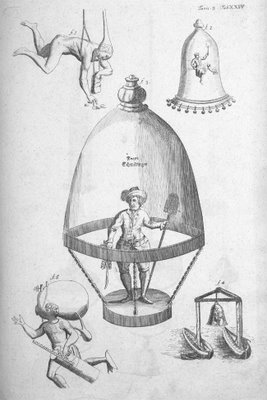
This extraordinary image has caused me more hours of searching
and reading than any other single print I've ever found online. I had
hoped to track down more from the same publication, alas..
It come from a book entitled 'Museum Museorum' by Bernhard Michael Valentini
from 1704-1714. The book is said to be a comprehensive inventory of all museums
and wunderkammer known to exist at the time. Several hundred engravings
were also included in the 2 or 3 volume set.
Antiquariaatjunk has a review of the book and a handful of page images.Some more background at Polybiblio. In the course of my wanderings I came across The Mineralological Record, an online journal which has a 3-part pdf article ('Fifty-Four...'; each 5Mb or less) about early collections of gems, stones and the like. The first pdf has perhaps the more recognizable collectors and includes some further information about Valentini. But these are fascinating pdf files to peruse, especially if you have any fascination with wunderkammer. 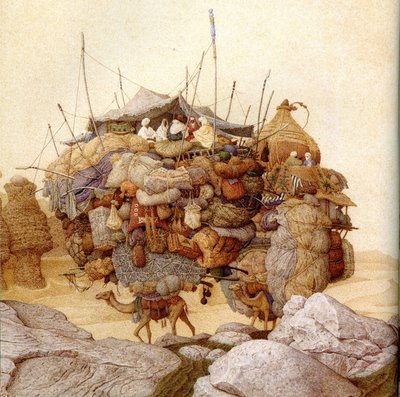
Monster Brains points out the excellent book illustration work
© 2004 by Olga Dugina and Andrej Dugin in 'The Adventures of Abdi'.
Large {most likely copyright infringing} scans are available here.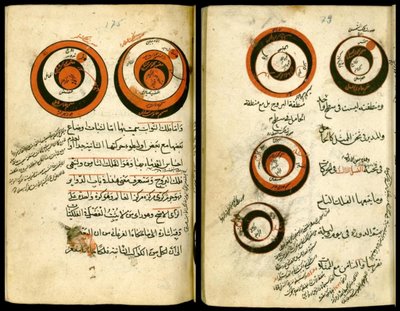
These 2 pages are from a 17th century (I think) manuscript which I
simply noted down as 'Majmūah'. Unfortunately, quite a few of the
manuscripts in the 'Near Eastern Manuscripts: Caro Minasian Collection
Digitization Project' at UCLA Library are called 'Majmūah'. I do recall that this treatise outlined the practical applications of the astrolabe.
'Two forms of Avalokitesvara' from a now forgotten book
in a forgotten repository. I know I have the link around
somewhere - I thought it was the Himalaya Digital Library, but it isn't. It is certainly Buddhist in nature.
And by way of final salvos...
The new issue of Bonefolder magazine is out. It is a publication relating to bookbinding and bookart from the good folks at Philobiblon. Containing articles and pictures on card art, the aesthetics of of book conservation, papermaking, preservation of Torah scrolls and more, it's a freely available pdf download.
Metafilter links to all 50 works of art you should see before you die, as decided by The Guardian Arts blog and readers. I think I can count those I have seen on one hand..or less.
skip to main |
skip to sidebar
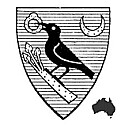

analytics
Books~~Illustrations~~Science~~History~~Visual Materia Obscura~~Eclectic Bookart.

Contact | Who?
Recommended Blogs
Blog Archives
Resource Sites
- digital nz
- library of congress
- british library
- library france
- library holland
- library spain
- library portugal
- european library
- library australia
- collections canada
- digital poland
- nypl digital
- botanicus digital
- v&a collections
- britmuseum prints
- smithsonian search
- smithsonian galaxy
- f.a.m.s.i.
- casglu'r tlysau
- rumsey collection
- manuscript catalogue
- digital scriptorium
- cesg manuscripts
- swiss manuscripts
- pecia mss blog
- digital book index
- rare book room
- online exhibitions
- primary sources
- worldcat search
- library directory
- digital librarian
- intute resources
- warburg institute
- lexilogos links
- digiwiki links
- museum blogs
- book arts web
- culture archive
- conservation articles
- art-history timeline
- visual arts
- arts journal
- artcyclopedia
- ukiyo-e
- calligraphy megapage
- penmanship
- woodblock
- coconino
- alchemy website
- health hist. img-banks
- health history links
- history network
- new advent









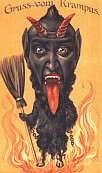
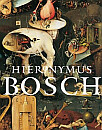
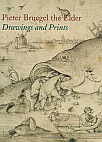
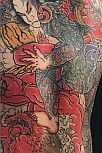
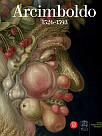

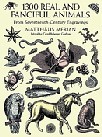
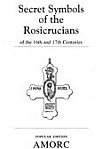

4 comments :
These are amazing!
This post and the one before are superb, thanks for all this Beauty you bring in the blogosphere !
Zenon
aha, and i cannot take credit for the grant of arms, alas...
I just took a look at the list of 50 works to see before death and was on the one hand pleased that I had probably seen about 15 and on the other hand embarrassed that I don't remember for sure about some of them and am only guessing on the grounds that I probably have. It's easy on the MOMA and US Nat'l Gallery works as they don't change the displays constantly, but the Louvre and the Met are so big... and it helped that the terra cotta warriors (some of them) and Tutankhamen went on tour. But I did get to Stonehenge when it was relatively accessible, which I believe it no longer is. And I don't know if the cave paintings I saw were the ones mentioned, but they were pretty amazing, so I counted them!
I will say that in general if I'm not even sure I've seen a work (from say age 11 on), that makes me suspicious of its top-50 quality for me, but then again I saw so many Turners at the Tate show that they're a blur (did I say that?! well, they're Turners, they can blur).
Post a Comment
Comments are all moderated so don't waste your time spamming: they will never show up.
If you include ANY links that aren't pertinent to the blog post or discussion they will be deleted and a rash will break out in your underwear.
Also: please play the ball and not the person.
Note: only a member of this blog may post a comment.